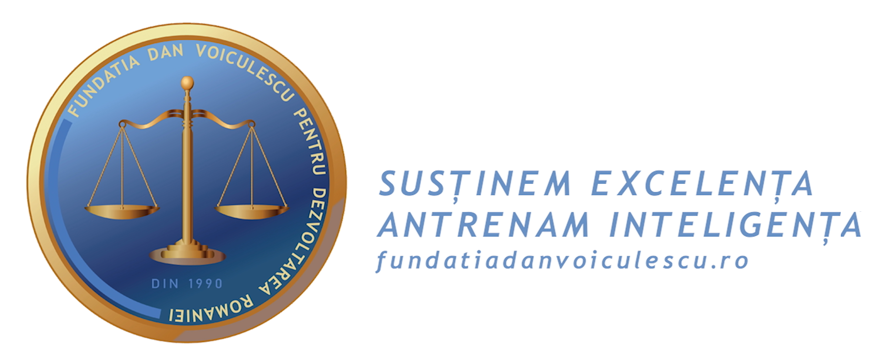The Scientific Senate of the Dan Voiculescu Foundation for the Development of Romania's Longevity Map research project aims to advance the understanding of the longevity phenomenon in Romania through rigorous scientific studies and interdisciplinary analysis. The team, comprising experts in medicine, sociology, psychology and anthropology, has initiated the qualitative research phase in Valcea County, where it is investigating the factors that contribute to a long and healthy life in communities with a high proportion of elderly people.
The qualitative phase of the research employs a comprehensive approach to longevity, integrating medical and genetic data with socio-anthropological data on community and individual behaviours of the longevity seniors. The objective is to establish a correlation between medical indicators and biomarkers of ageing with the behaviours and lifestyle of the inhabitants of long-lived areas, such as the commune of Glăvile, in Vâlcea County.
"It's important to understand longevity not only as a result of the environment, but also from the perspective of specific biomarkers that influence aging processes at the cellular level," said Prof. Dr. Gabriel Prada, one of the experts involved in the project. Prada emphasizes that genetics influence about 30% of lifespan, the rest being determined by environmental, diet and lifestyle factors.
A comprehensive medical assessment, comprising blood tests to quantify longevity-related biomarkers and genetic analyses to ascertain biological age, is imperative for this investigation. The tests assess telomere length and DNA methylation levels, offering invaluable insights into the aging process. When coupled with anthropological and sociological evaluations, this approach offers a hitherto unparalleled holistic perspective on longevity in Romania.
In the county of Valcea, the team observed that individuals aged 85 and above in the municipalities visited, such as Glăvile, exhibited a lifestyle characterised by regular physical activity, particularly in agricultural pursuits, and a diet comprising foods sourced from their own households. These factors were found to correlate directly with cardiovascular and metabolic health, contributing to an overall state of good health.
"From a socio-cultural point of view, we observed that seniors in these areas live in communities that provide them with emotional and material support. Most of them are surrounded by relatives, which gives them a sense of security and belonging," explained Răzvan Dumitru, a sociologist with extensive experience in social research, involved in the study. He adds that the constant presence of a local doctor, together with accessible healthcare, are key factors in maintaining health and preventing chronic diseases.
The initial quantitative research phase of the project indicated that approximately 7.5% of the population in the Glăvile commune is aged 85 or above. This figure is considerably higher than the national average of 1.94%. This observation lends support to the hypothesis that socio-cultural factors, in conjunction with uninterrupted access to health services, play a pivotal role in maintaining longevity.
The final results of the research will be presented on 9 October 2024 at the Romanian Academy, during an event that will bring together experts in the field of health and social research. The "Longevity Map of Romania" project constitutes a significant contribution to the comprehension of longevity and to the formulation of public policies designed to foster active and healthy ageing in Romania.

